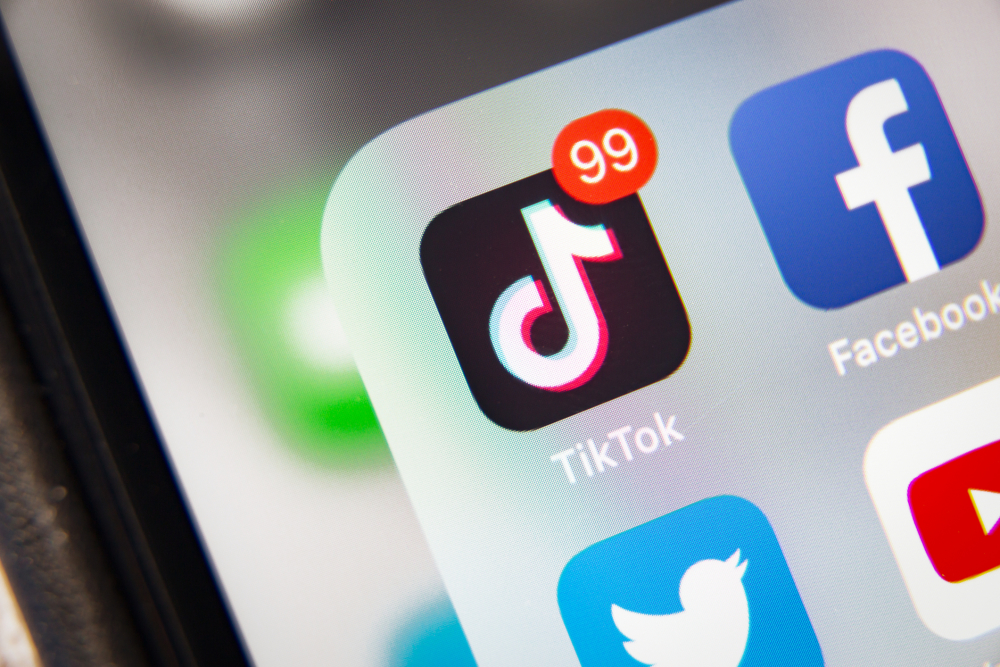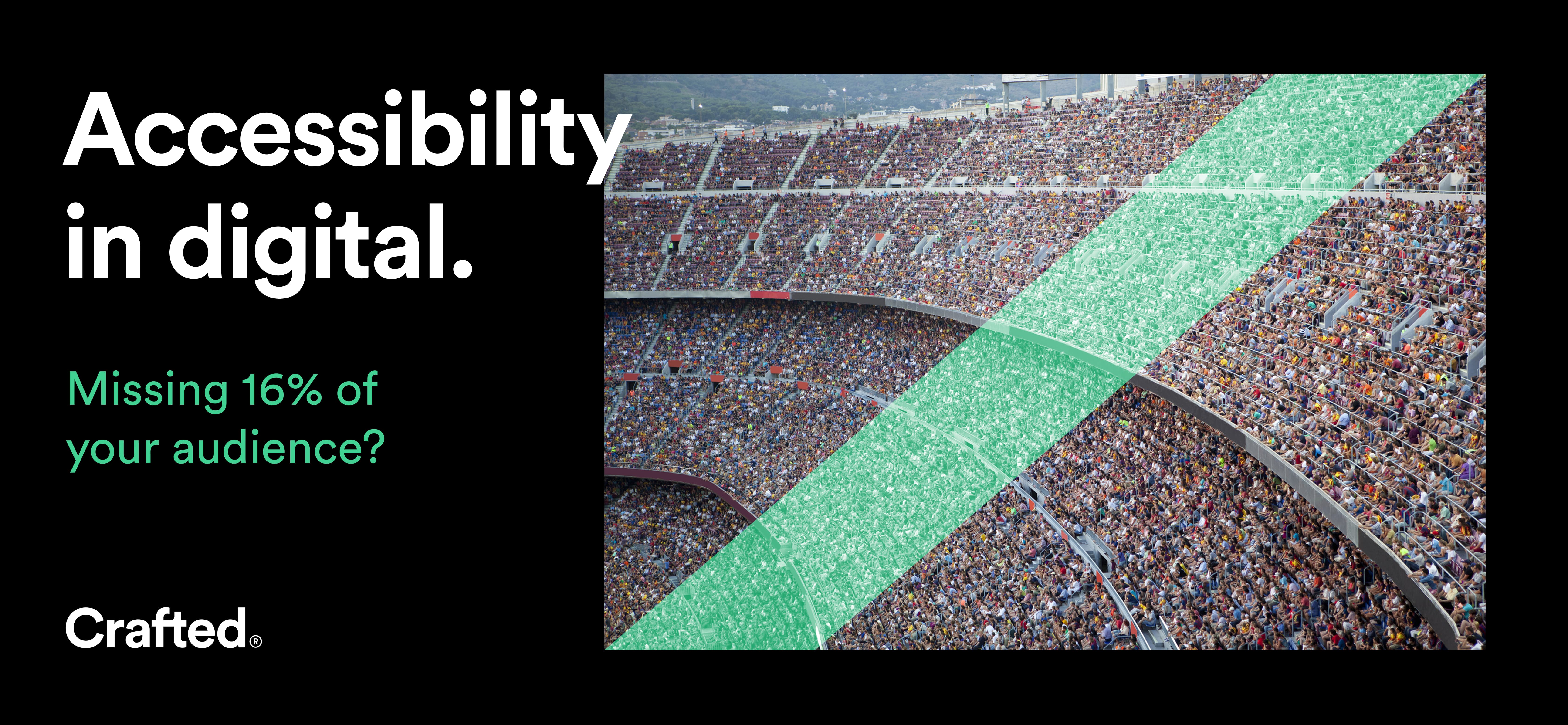Introducing Instagram Reels: Let Battle Commence
06 Aug 2020

What a year it’s been for TikTok. There have been many highs: the most downloaded app in the world in 2020; growth to 800m users worldwide; currently the 7th biggest social platform in the world (behind Facebook, YouTube, WhatsApp, Messenger, iMessage and Instagram). But with the highs, so have come the lows: a ban on the app in India; increasing pressures in the US to relinquish ownership or face the same fate as in India; and now, the roll-out of Instagram Reels. While the first two lows are politically motivated – TikTok are Chinese-owned which means Chinese government involvement – the third is more business-orientated.
Facebook have form for this kind of thing. They paid $1billion for Instagram in 2012 at a time when it had just 30m users and had only been available on Android for one week. They paid $19billion for Whatsapp in 2014 – a much larger price for a much larger company, at that point WhatsApp had 500m users (that number has now quadrupled). A similar takeover attempt for Snapchat was launched in 2013 for $3billion. Snapchat held firm, and for a while seemed vindicated as their public valuation went as high as $24billion. A second, secret offer from Facebook in 2016 was again rebuffed with Snapchat feeling pretty good about their future. And then, in August 2016, Facebook released Stories.
Would Stories have happened if Facebook had acquired Snapchat? Probably not. Did Stories spell the end for Snapchat as a major force? Absolutely. Well, that and one very pointed tweet from ‘self-made billionaire’ Kylie Jenner in 2018. Why is this all relevant (perhaps the last time Snapchat has, in fact, been relevant in 2 years)? Because it follows the formula of how Facebook aim to keep their empire intact. Acquire first, and if that fails then learn, replicate and destroy. And it’s a formula that’s been in action with TikTok since around the time that Snapchat were saying ‘no’ to Mark Zuckerberg for a second time.
From late 2016, Facebook instigated a 6-month campaign to try and buy musical.ly, a Chinese-owned lip-syncing app. Their attempts to break into the Chinese market failed, and within 6 months musical.ly had been sold instead to another Chinese company, ByteDance. ByteDance merged musical.ly with their existing Douyin app and so TikTok was born. Facebook attempt at acquiring = failed.
Things then go quiet for a bit, before TikTok started to gain traction in 2018. And then, in November 2019 Facebook launched an add-on within Instagram called Reels. Originally available just in Brazil, the look and feel of the feature is almost identical to TikTok. Further releases followed in Germany, France and India (TikTok’s largest global market outside China) before the 5th August 2020 announcement that Reels is now available in over 50 countries including, crucially USA and the UK. Facebook attempt at learning and replicating = complete.
So now Facebook moves forward with destroying TikTok, right? Well, it may not be so simple as that. Already, Facebook has been applying political pressure for nearly a year in the US to increase scrutiny on its Chinese operations within the Trump administration. This has, on the face of it, been successful as whisperings have turned into a full-on tantrum from ‘President Tweety’ and the prospect of TikTok having to be sold-off in the US grow. However, for Facebook to even go down the political route (especially given Zuckerberg’s own recent run-ins with the US government) highlights how seriously they’re taking the threat of TikTok to their own market share.
It also explains the timing of Reels. As things intensify with TikTok and the government, Facebook aim to hit them when they’re down. However, already it doesn’t look like this’ll be as simple a ‘destroy’ mission as it was when Facebook took Snapchat down.
Firstly, TikTok is much, much larger than Snapchat ever was. 800m global users is over 4x as big as Snapchat ever was. Even if Reels takes half of TikTok’s users away it’ll still have more monthly active users than Twitter. Then there’s the demographics that are using TikTok, a younger market who have not necessarily already become attached to the ‘Facebook empire’. It’s estimated that 4-15 year olds in UK, US and Spain spent nearly as much time on TikTok during lockdown as they did on YouTube. TikTok has built a base in a market where the viewers do not (or should not) have an Instagram account.
Thirdly, the make-up of TikTok is important. While Snapchat was more of a private-platform which meant the influencers were largely already famous (e.g. the aforementioned Kylie Jenner), TikTok has made influencers of normal people. Take Holly H (16.7m followers – the UK’s biggest TikTok star) as an example. She was made by TikTok, not before TikTok. Will creators like her move over to Reels? Maybe, but that doesn’t mean they’ll stop using TikTok. Holly H herself has 1.5m Instagram followers so while she may start dabbling, there’s no reason for her to stop using an app where her clout is over 10x bigger. Another influencer has been quoted as saying ‘the more the merrier’ when it comes to platforms, and there have been widespread protests on the TikTok app against any potential US ban – highlighting a loyalty to TikTok amongst its users.
Rumours have started to abound that Facebook will start to ‘pay-off’ TikTok influencers to leave the platform and post exclusively to Reels. This would be a new approach, a micro-acquiring similar to the world of live-streaming where the likes of Twitch sign up influential gamers (and rappers) to their platform. This could start a bidding war, reminiscent of the likes of BBC, ITV and Channel 4 stumping up big money in the 1990s and 2000s for stars like Graham Norton and Jonathan Ross, where influencers move between platforms and become part of the global mega-machines themselves.
That may be a jump, but if it does happen one can’t help but think it would ruin the integrity and ‘feel’ of these platforms somewhat. Of course, we know already that influencers can be moulded and manipulated by various advertisers (think ‘skinny tea’) but to have it done on a platform-level seems like a step beyond.
In the short-term, however, we’re entering an intriguing and uncertain period. Can TikTok continue to flourish despite attacks from all sides? This author thinks they’ve got a much better chance than those platforms that have come before. And if they can’t?
…then long live the Facebook empire, I suppose.




1.png)
Please login to comment.
Comments